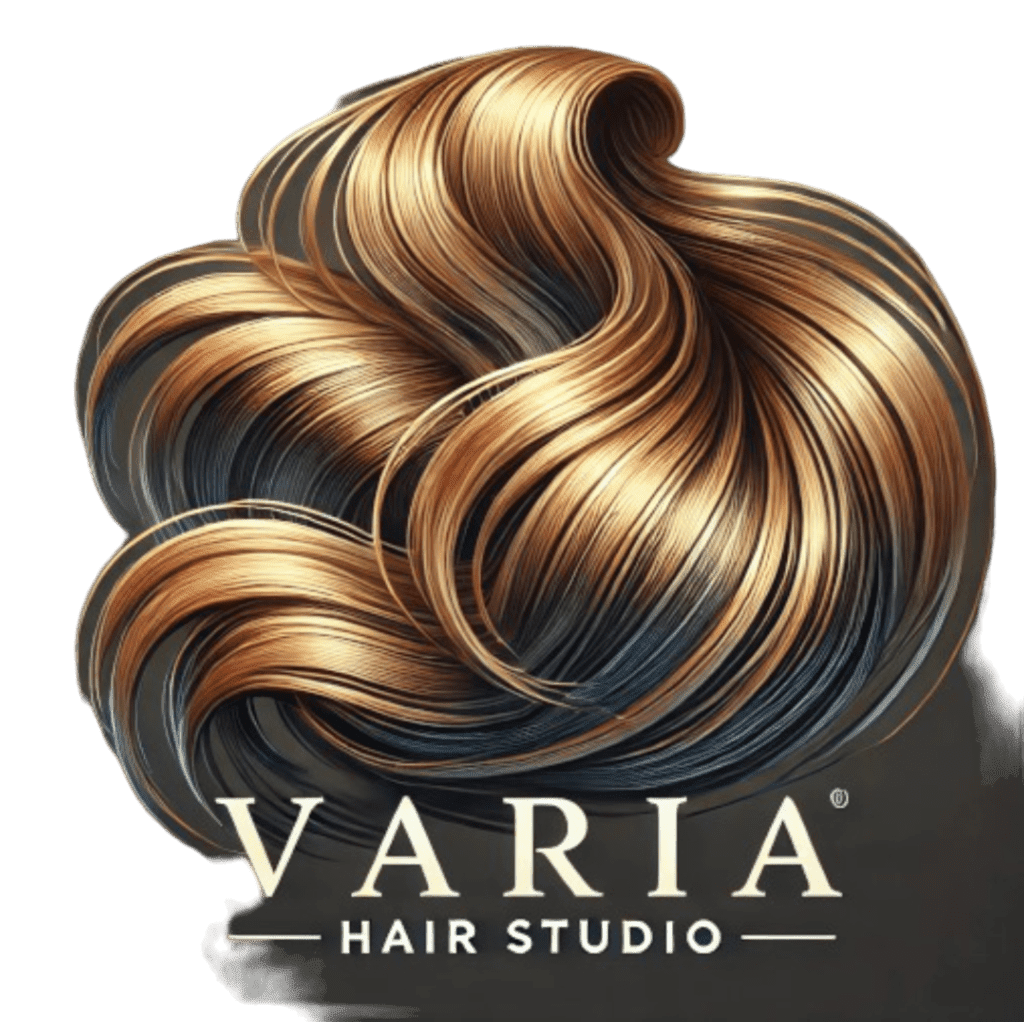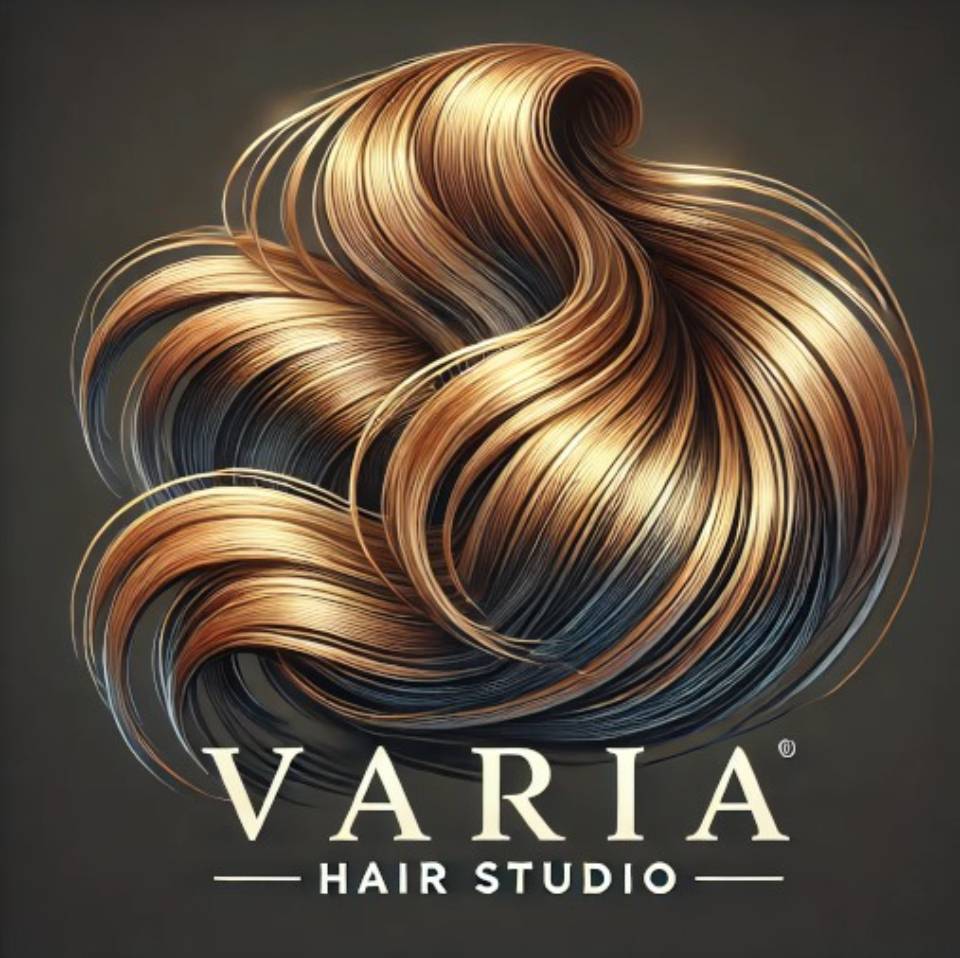Introduction
To keep it healthy and shiny, our hair, which is a distinctive feature of our identity and sense of style, needs regular care and attention. Hair care has changed dramatically over time, moving from traditional treatments to state-of-the-art technology. In addition to providing advice and ideas for a comprehensive hair care routine, this article explores modern hair treatment choices.
Knowing About Hair Health
Understanding the basics of hair health is crucial before beginning any treatments. Keratin, a protein, makes up the majority of hair and gives each strand its structure. Hair health is influenced by a number of important factors, including genetics, food, environment, and regular hair care practices.
Common Hair Issues and Their Causes
Hair Loss: Genetics, bad diet, stress, and hormone imbalances can all lead to hair thinning and loss.
Dryness and Brittle Hair: Brittleness and dryness of hair can result from chemical treatments, excessive use of heat styling tools, and environmental factors like sun exposure that deplete hair of its natural oils.
Dandruff: Numerous causes, such as dry skin, sensitivity to hair products, and fungal infections, can contribute to dandruff, a common scalp problem.
Split Ends: Caused by hair breakage and damage, split ends can be avoided with regular haircuts and adequate moisture.
Modern Hair Treatments
Keratin Treatments: Keratin, a naturally occurring protein that fortifies hair, is infused into hair during these salon procedures. Keratin treatments improve lustre, reduce frizz, and make hair easier to manage. They may, however, contain formaldehyde, a chemical that poses health dangers, and they can be expensive. Always seek advice from your stylist, and whenever feasible, choose formaldehyde-free products.
Hair Masks and Deep Conditioning: By restoring moisture and nutrients, weekly hair masks or deep conditioning treatments can make hair softer and more robust. Shea butter, coconut oil, and argan oil are great moisturising ingredients.
Treatments for the Scalp: Healthy hair starts with a healthy scalp. Exfoliating scrubs and serums are examples of scalp treatments that help eliminate product buildup, promote hair growth, and lessen dandruff.
Laser Hair Therapy: A non-invasive procedure called low-level laser therapy (LLLT) stimulates hair follicles to encourage the growth of new hair. It’s especially helpful for people who are losing and thinning their hair.
Hair Oils: Jojoba, almond, and castor oils are examples of natural oils that are beneficial to the health of hair. They improve shine, lessen breakage, and supply vital nutrients. Frequent oil massages can help increase blood flow to the scalp, which encourages the growth of new hair.
Nutritional Supplements: Iron, zinc, vitamin D, biotin, and other vitamins and minerals are essential for healthy hair. Supplemental nutrition can help correct deficiencies that may be contributing to hair problems. However, before beginning any supplement program, it’s crucial to speak with a healthcare professional.
Heat Protection: Over time, heat styling appliances like blow dryers, curlers, and straighteners can harm hair. Before style, apply a heat protectant spray to form a barrier and lower the chance of heat damage.
Do-It-Yourself Hair Care Advice
Keeping up a healthy hair care regimen at home is essential in addition to getting expert treatments. Here are some useful pointers:
Frequent Trims: Getting your hair cut every six to eight weeks keeps it looking young and helps avoid split ends.
Gentle Handling: To untangle damp hair, use a wide-toothed comb instead than a rough brush.
Balanced Diet: Overall hair health is supported by a wholesome diet high in vitamins and minerals. For best effects, include foods like fish, eggs, spinach, and nuts in your diet.
Hydration: To keep your hair and scalp hydrated, drink a lot of water.
Avoid Over-Washing: Too many washes might deplete your hair’s natural oils. Depending on your hair type, try to wash your hair two to three times a week.
Accepting Natural Hair
A notable trend in recent years has been the acceptance of natural hair types and styles. Whether a person’s hair is straight, curly, wavy, or coiled, this movement encourages them to accept it. Using products devoid of harsh chemicals and heat, as well as letting hair grow and flourish in its natural form, are all part of natural hair care.
The Benefits of Healthy Hair for the Mind
Our general well-being and sense of self-worth can be greatly impacted by having healthy hair. We feel more self-assured and prepared to face the world when our hair looks excellent. Investing in hair care is about self-expression and self-care, not just appearance.
In conclusion
The path to gorgeous, healthy hair is complex and includes DIY maintenance, expert treatments, and a wholistic approach to health and wellbeing. You can have the vivid, healthy hair you’ve always wanted by being aware of your hair’s needs and implementing these contemporary treatments and ideas into your routine.
Keep in mind that every person has different hair, so it’s crucial to try different styles and see what suits you the best. With the correct treatment, perseverance, and patience, your hair may truly represent your inner strength and energy.


